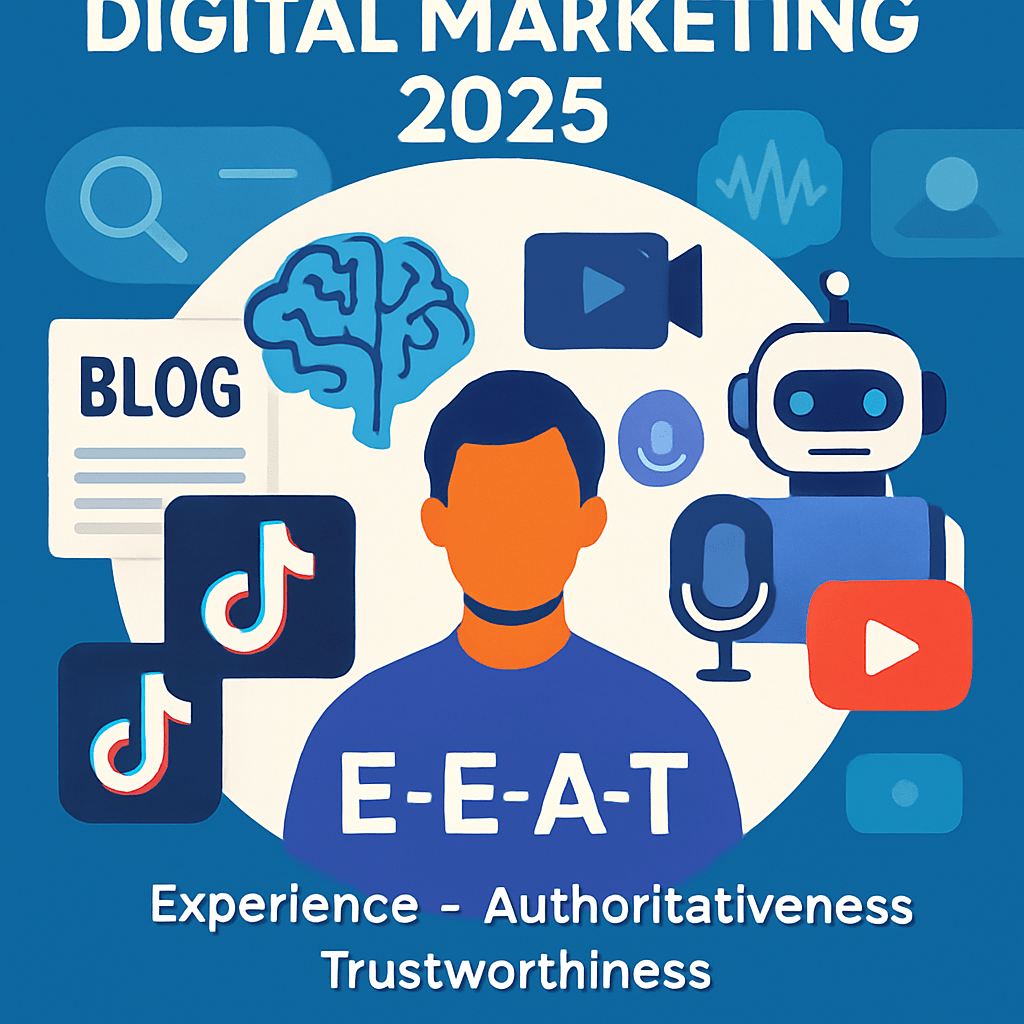The Power of Blogging in Digital Marketing: Boost Your Brand and Drive Traffic
In today’s competitive digital landscape, blogging has emerged as a cornerstone of effective digital marketing strategies. More than just a platform for sharing thoughts, blogs serve as powerful tools to increase online visibility, engage target audiences, and establish brand authority. This article explores how blogging integrates seamlessly with digital marketing efforts to help businesses grow and thrive online.
What is Blogging in Digital Marketing?
Blogging involves writing and publishing articles or posts online, typically on a website, to share valuable information, insights, or stories. Originally a personal diary format, blogging has evolved into a strategic marketing tool that businesses use to educate customers, build trust, and drive traffic to their websites. By consistently delivering relevant and insightful content, blogs help brands connect with their audience and improve their search engine rankings through SEO optimization.
Why Blogging is Essential for Digital Marketing
Increase SEO and Website Traffic: Each blog post creates a new indexed page on your website, enhancing your chances of ranking higher in search engine results. Using targeted keywords relevant to your industry helps attract organic visitors actively searching for your products or services.
Build Brand Authority and Trust: Sharing expert knowledge and helpful information positions your brand as a reliable authority in your field. When customers trust your expertise, they are more likely to choose your products or services over competitors.
Support Social Media and Email Marketing: Blogs provide valuable content to share across social media platforms and email newsletters, driving more visitors back to your website and expanding your audience reach.
Enhance PPC Campaigns: Well-crafted blog content can complement paid advertising by educating potential customers and increasing conversion rates when linked to PPC landing pages.
How to Write an Effective Blog for Digital Marketing
Know Your Audience: Understand your readers’ interests, pain points, and questions by leveraging tools like Google Analytics and social media insights. Tailor your content to meet their needs and preferences.
Keep SEO Simple: Incorporate relevant keywords naturally, optimize meta descriptions, and use clear headings to improve your blog’s search engine visibility.
Engage with Storytelling: Use stories, case studies, or customer experiences to make your content relatable and memorable.
Provide Actionable Takeaways: Offer clear, step-by-step advice or tips that readers can apply immediately, enhancing the value of your blog.
Common Challenges in Blogging and How to Overcome Them
Maintaining Consistency: Use an editorial calendar to plan topics and schedule posts regularly, ensuring a steady flow of fresh content without overwhelming your team.Staying Relevant: Continuously update your blog with the latest industry trends and research. Engage with your audience for feedback to keep your content aligned with their interests.
Measuring Success: Track key metrics such as website traffic, engagement rates, and conversions using tools like Google Analytics to refine your blogging strategy.
Conclusion
Blogging is an indispensable part of digital marketing that drives SEO, builds brand credibility, and fosters meaningful connections with your audience. By creating well-researched, engaging, and SEO-friendly blog content, businesses can significantly enhance their online presence and achieve measurable marketing success. Whether you are a small business or a global brand, integrating blogging into your digital marketing strategy is a proven way to grow your audience and boost your bottom line.









